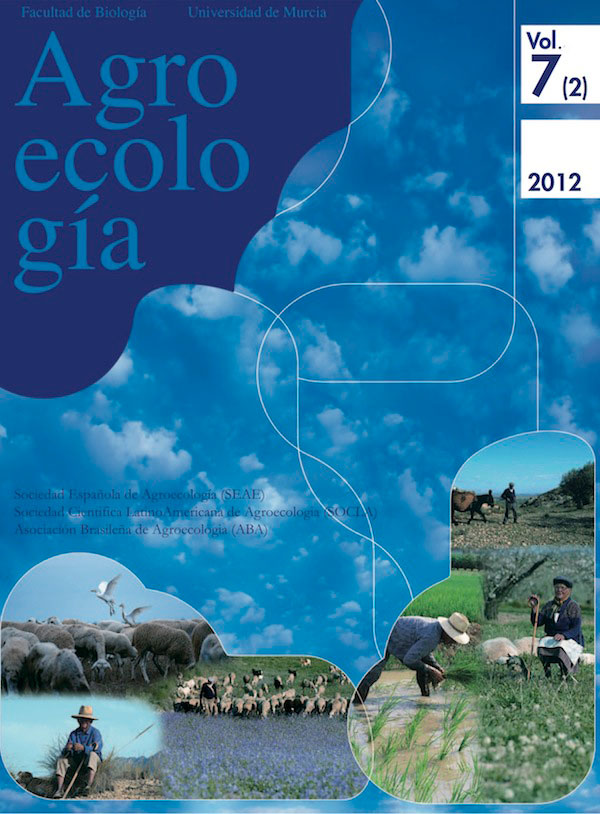Conflicts between agribusiness and population rights: The role of science
Abstract
Based on the understanding that the agricultural development model supported by the Brazilian government is favorable towards and enables the insourcing of the economy―a change imposed on the country by the transnationalized market―the present study looks into the interests and the violations of rights perpetrated in the name of the expanding agribusiness, especially related to the production of commodities. Considering the model of chemical-dependent agriculture, we evaluated the impact of agrochemicals on the environment and human health in a region of irrigated orchards producing fruit for export in semi-arid Northeastern Brazil. Data were collected regarding the contamination of aquifers and water for human consumption, acute intoxications and chronic conditions affecting rural workers and violence committed against community leaders. In this context, current scientific challenges, both epistemological and methodological, were debated to increase the visibility of these contraditions, allow for a dialogue sharing in the extensive knowledge of the peoples of the rural zone, and advance in the theoretical and empirical construction of other types of relations with nature and the production of life and health along the path of agroecology.Downloads
Las obras que se publican en esta revista están sujetas a los siguientes términos:
1. El Servicio de Publicaciones de la Universidad de Murcia (la editorial) conserva los derechos patrimoniales (copyright) de las obras publicadas, y favorece y permite la reutilización de las mismas bajo la licencia de uso indicada en el punto 2.
2. Las obras se publican en la edición electrónica de la revista bajo una licencia Creative Commons Reconocimiento-NoComercial-SinObraDerivada 3.0 España (texto legal). Se pueden copiar, usar, difundir, transmitir y exponer públicamente, siempre que: i) se cite la autoría y la fuente original de su publicación (revista, editorial y URL de la obra); ii) no se usen para fines comerciales; iii) se mencione la existencia y especificaciones de esta licencia de uso.
3. Condiciones de auto-archivo. Se permite y se anima a los autores a difundir electrónicamente las versiones pre-print (versión antes de ser evaluada) y/o post-print (versión evaluada y aceptada para su publicación) de sus obras antes de su publicación, ya que favorece su circulación y difusión más temprana y con ello un posible aumento en su citación y alcance entre la comunidad académica. Color RoMEO: verde.





